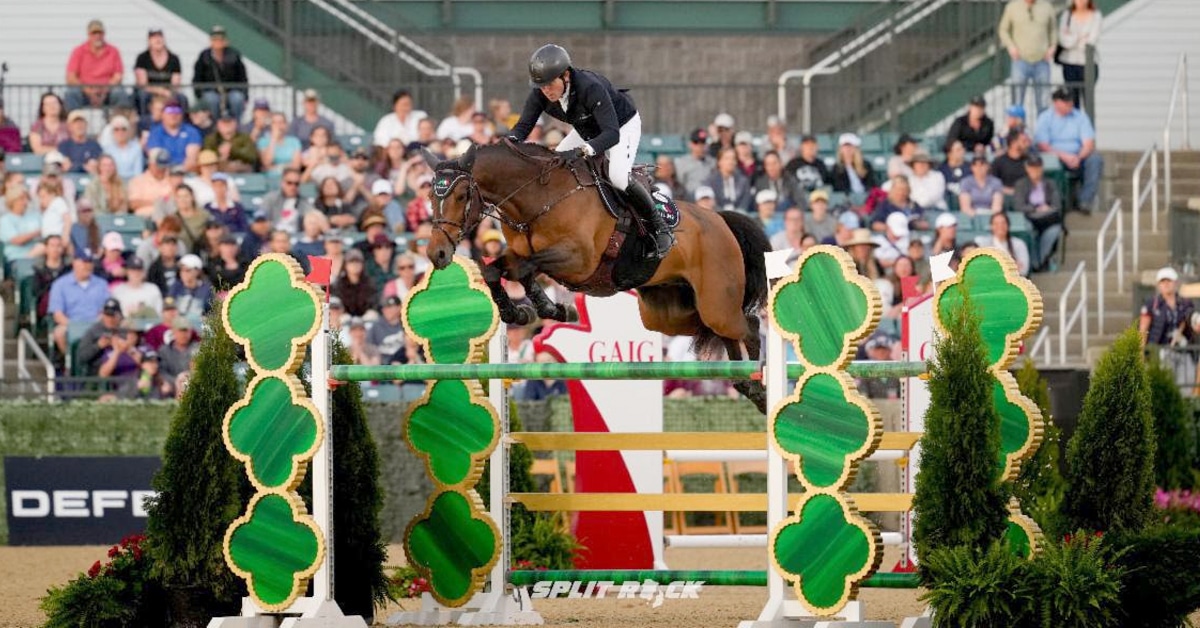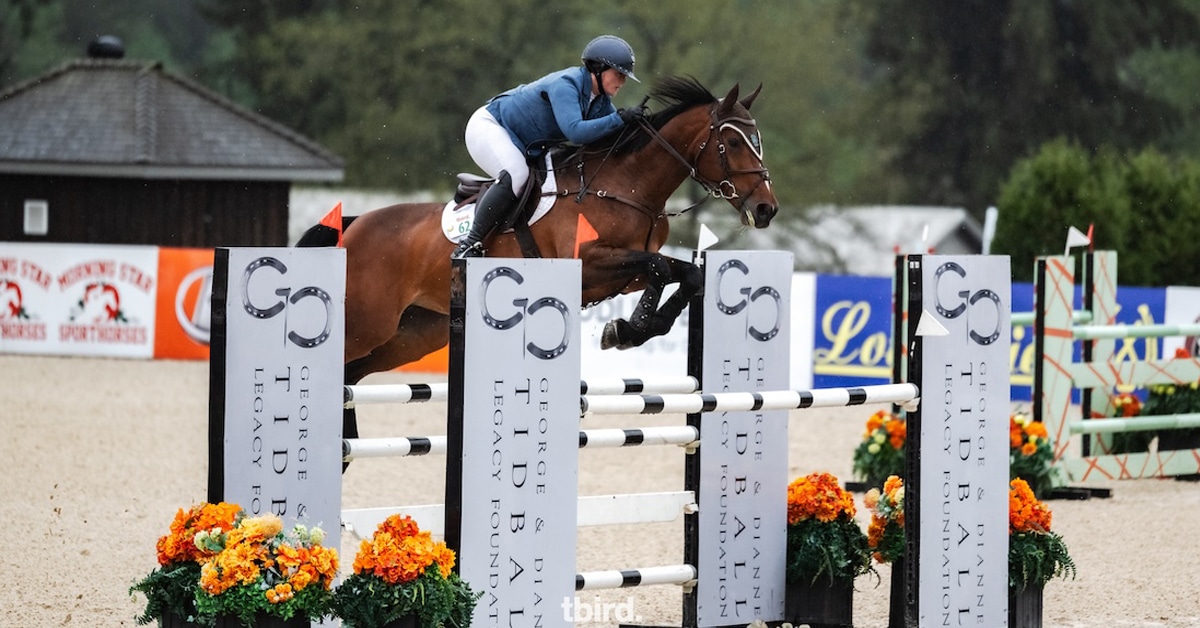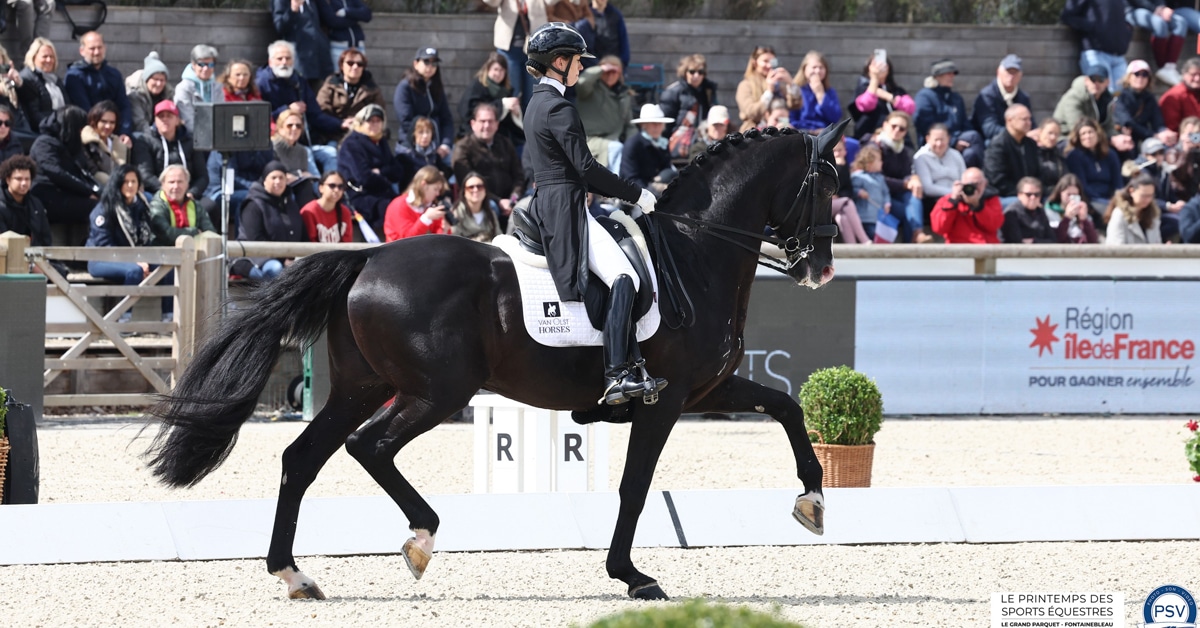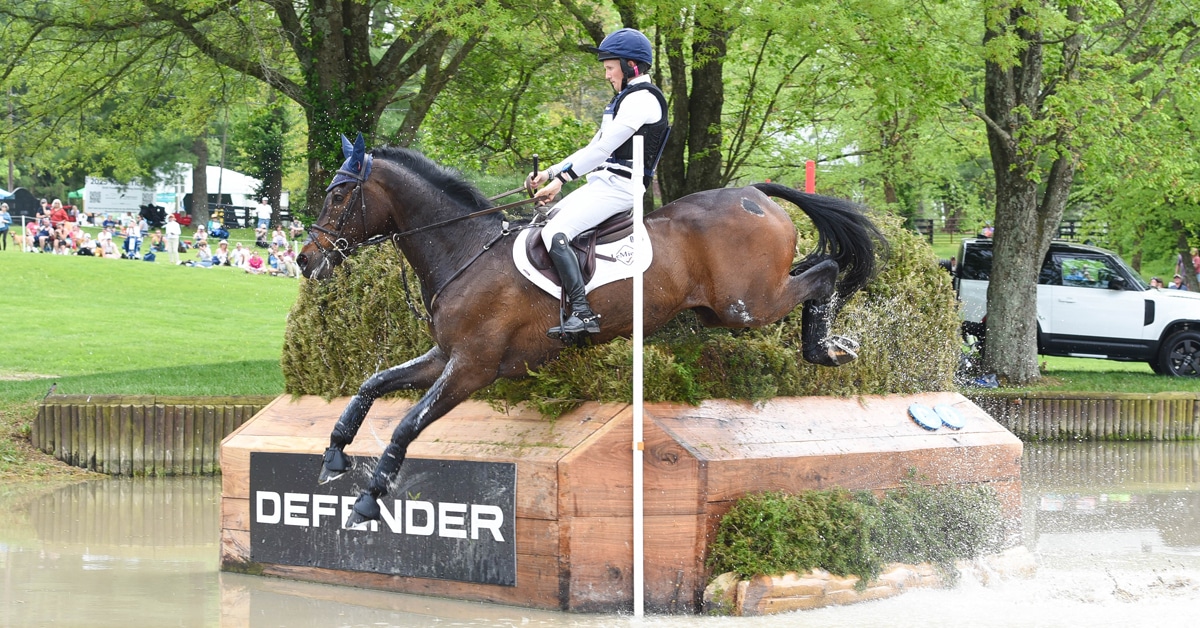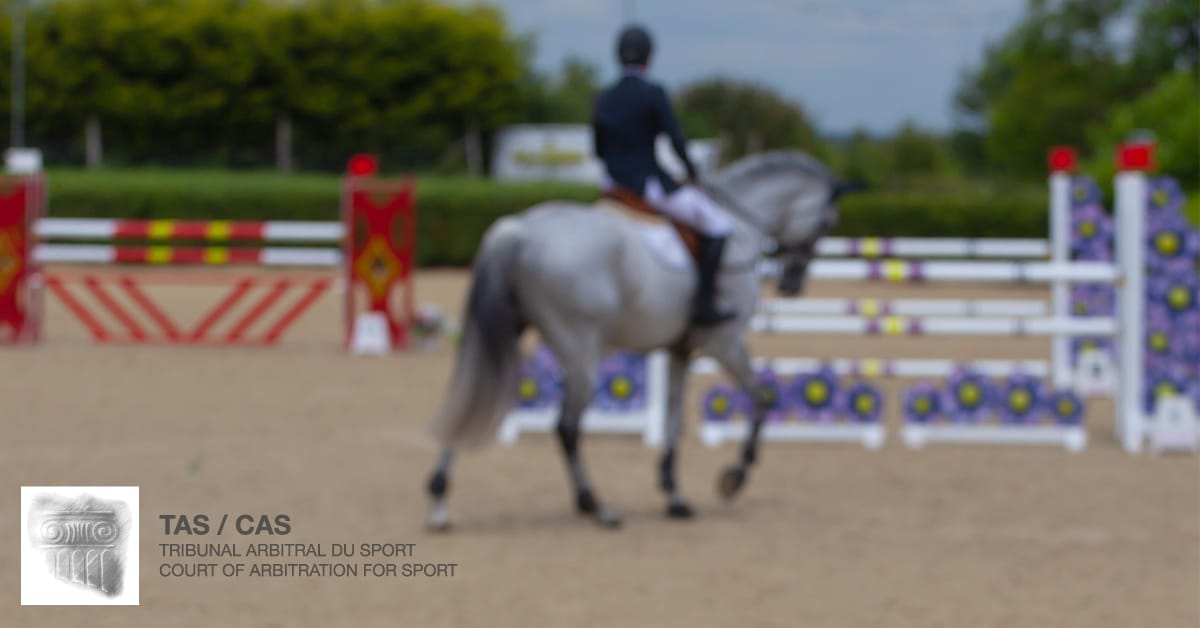Riders who test positive to prohibited substances will in future have their disciplinary proceedings handled direct by the Court of Arbitration for Sport’s special new Anti-Doping Division (CAS ADD) rather than by the FEI Tribunal.
FEI head of legal Mikael Rentsch says the FEI had initially resisted signing up to this because, unlike other sports organizations, its own Tribunal already hears the greater number of cases relating to equine doping, which CAS ADD is not empowered to handle.
But now most rider doping cases before the FEI Tribunal are appealed to CAS. It made sense to delegate them directly to CAS ADD, saving time, costs for all parties and avoiding duplication of effort.
Rentsch explained, “The FEI is a signatory of WADA [the World Anti Doping Agency] and many national federations, FEI stakeholders and the athletes do not always understand that the FEI is ‘only’ applying the WADA Code and has often little flexibility regarding the sanction(s), leading on some occasions to the FEI Tribunal imposing sanctions that are perceived by the community as being severe.
“WADA and the International Olympic Committee have recommended to all international federations to join the CAS ADD. It is already the case that any human anti-doping related matters during the Olympic Games go directly to the CAS ADD as well, for all Olympic sports.
“It would be better to be part of the CAS ADD for human anti-doping matters so that sanctions are imposed by a body that is specialised in human anti-doping.”
Subject to approval by the FEI General Assembly in Cape Town next month, the new arrangement will apply to all positive dope tests sampled from January 1, 2023.
Equine anti doping rule changes for 2023 include clarification that tampering with a sample will “deserve a two-year ineligibility period as a starting point.” Earlier this year the FEI Tribunal expressed dismay that due to two different sets of rules, a recent case of alleged sample tampering resulted in the accused being suspended for only three months.
More from News:
